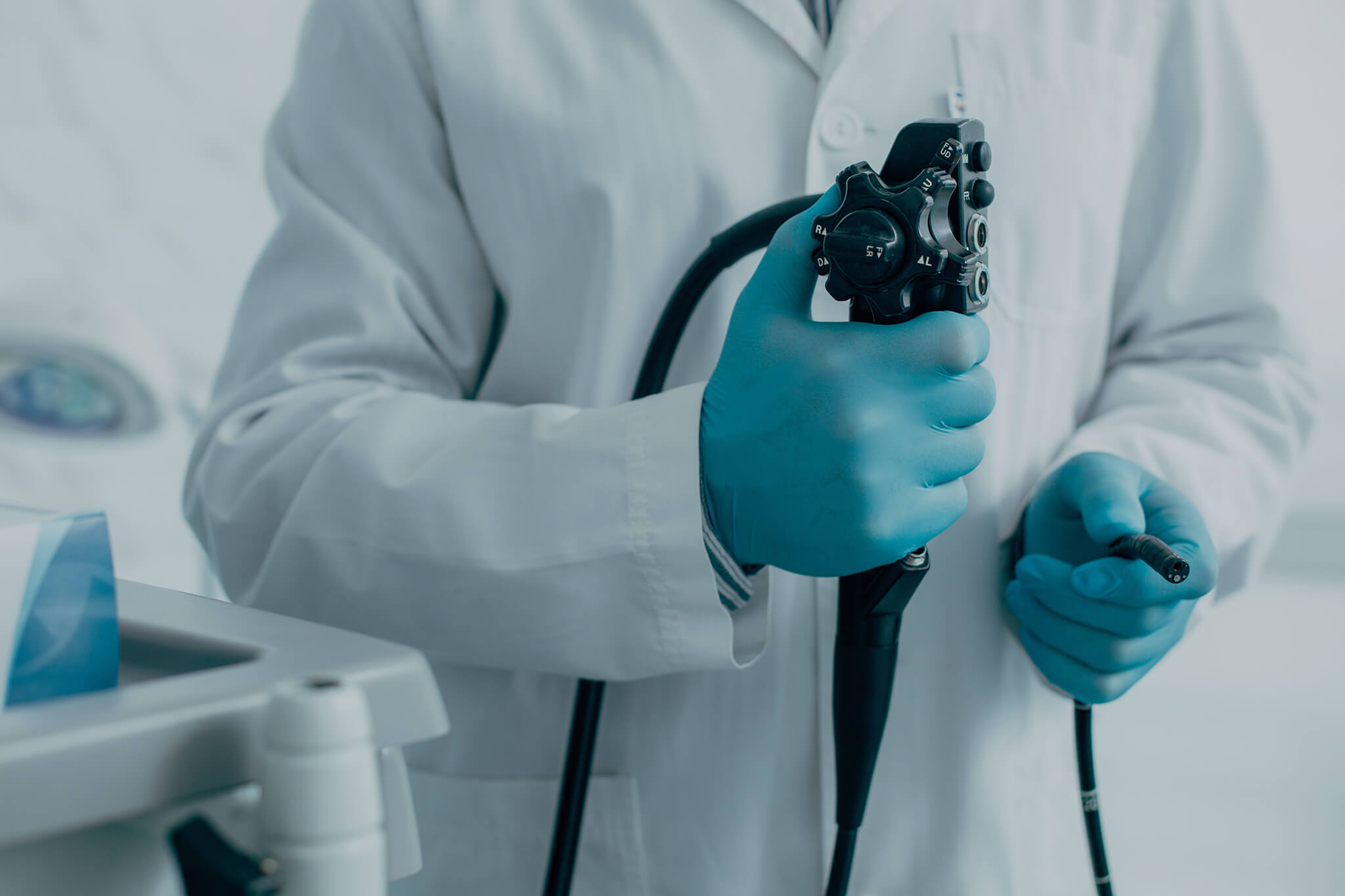Revolutionizing Gastroenterology: The Power of Medical Devices and Lasers
1. Endoscopy
Endoscopy is a foundation of gastroenterology, allowing physicians to visualize the digestive tract. The introduction of advanced endoscopes equipped with high-definition cameras and fiber-optic technology has revolutionized this diagnostic procedure. These medical devices provide clear, crisp imagery, enabling doctors to detect abnormalities with greater precision.
2. Biopsy
Biopsies are essential for diagnosing gastrointestinal diseases. Endoscopic devices have made it possible to perform biopsies with minimal invasiveness. With the assistance of medical lasers, physicians can target and collect tissue samples more precisely, reducing patient discomfort and improving diagnostic accuracy.
3. Polyp removal
Polyps, which can potentially turn cancerous, can be removed during endoscopy. Medical lasers have made this procedure safer and more efficient. Doctors can minimize bleeding and reduce the risk of complications by using medical laser energy to cut or vaporize polyps.
4. Hemostasis
Gastrointestinal bleeding is a critical concern, and medical lasers have proven instrumental in achieving hemostasis (stopping bleeding). Medical laser devices can coagulate blood vessels, seal ulcers, and prevent life-threatening bleeding episodes.
5. Photodynamic therapy
Photodynamic therapy (PDT) is a treatment that combines photosensitizing drugs with medical lasers. In gastroenterology, PDT treats certain types of cancer and precancerous lesions.
The laser activates the drug, which destroys cancer cells while sparing healthy tissue, making it a promising option for some gastrointestinal cancers.
6. Biliary and pancreatic interventions
Medical lasers are crucial in treatments involving the bile ducts and pancreas. Surgeons use these medical devices for procedures such as removing obstructions, treating strictures, and even removing stones. Laser technology allows precise and minimally invasive treatments, reducing patient discomfort and improving recovery times.
7. Gallstone removal
Gallstones can cause excruciating pain and complications. Medical lasers are now employed to fragment gallstones, making them easier to remove through minimally invasive procedures such as laparoscopy or endoscopy.
8. Ablation therapy
Laser ablation therapy involves using medical lasers to destroy abnormal tissue. In gastroenterology, this approach treats conditions such as Barrett’s esophagus and certain types of tumors.
Laser ablation therapy can be used in place of more invasive surgical procedures, resulting in quicker recovery times.
9. Stricture dilatation
Patients with strictures (narrowed areas) in the digestive tract often require dilation to alleviate symptoms and improve food passage. Medical lasers assist in safely dilating strictures during endoscopic procedures, ensuring a less traumatic experience for patients.
10. Motility studies
Motility studies assess how well the muscles and nerves in the digestive tract function. High-tech devices, such as manometry catheters and wireless motility capsules equipped with sensors and lasers, enable healthcare providers to gather precise data about gastrointestinal motility.
11. Capsule endoscopy
Finally, capsule endoscopy involves a small, ingestible camera that captures images as it passes through the digestive tract. Medical lasers have enhanced the quality of these images, allowing for better visualization of the gastrointestinal lining and improved diagnosis of conditions such as Crohn’s disease and small bowel tumors.
Medical technology advances patient care in gastroenterology
The usage of medical devices, including lasers in gastroenterology, has resulted in a new era of diagnosis and treatment. These medical technologies have made procedures less invasive, more precise, and safer for patients. As research and innovation continue to advance, we can expect even more groundbreaking developments in gastroenterology, further improving patient outcomes.
World-class medical devices for gastrointestinal procedures
IML’s manufacturer partners’ cutting-edge laser technologies are vital in enhancing the effectiveness and safety of various gastroenterological procedures. By leveraging their expertise and state-of-the-art laser systems, IML is helping empower healthcare professionals to achieve exceptional results in treating gastrointestinal disorders. Contact IML to learn how our product lineup is shaping the future of gastroenterological treatments.
